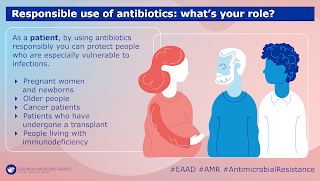EMA will organise a public meeting on 11 December 2020 to inform European citizens about the EU regulatory processes for the approval of COVID-19 vaccines and the Agency’s role in their development, evaluation, approval and safety monitoring.The COVID-19 pandemic is an unprecedented global crisis, with devastating health, social and economic impact. Safe and effective vaccines for COVID-19 are urgently needed to respond to this crisis and reduce its effects.
Together with the European medicines regulatory network, EMA is supporting the development of COVID-19 vaccines and has taken steps to speed up the evaluation processes for these vaccines. The Agency and its partners are doing so while ensuring that the same high regulatory standards for quality, safety and efficacy are being applied to COVID-19 vaccines.
The public meeting will inform citizens about EMA’s role in the pandemic and of EU regulatory procedures. It will also give the opportunity to the public and stakeholder groups to speak and share their needs, expectations and any concerns, that will be considered by EMA and the European medicines regulatory network in the decision-making process.
The EMA will publish the list of speakers who will make an intervention in advance of the event.
The public meeting will be broadcast live and will be open to all citizens. In addition to the selected list of speakers, during the meeting there will be a mailbox open via EMA’s website for the public to make comments.
The agenda and all information related to the event are available on the EMA website event page.
Please check EMA’s dedicated webpage on COVID-19 for the latest updates.






